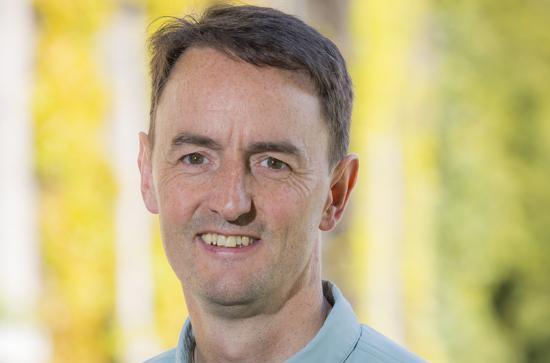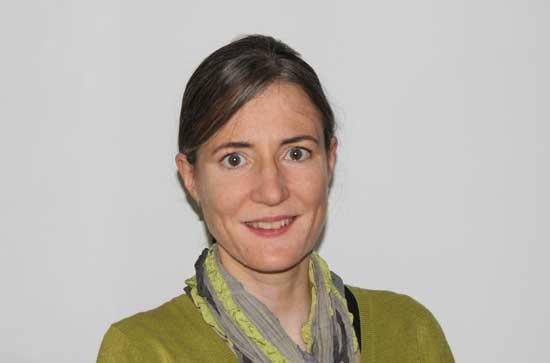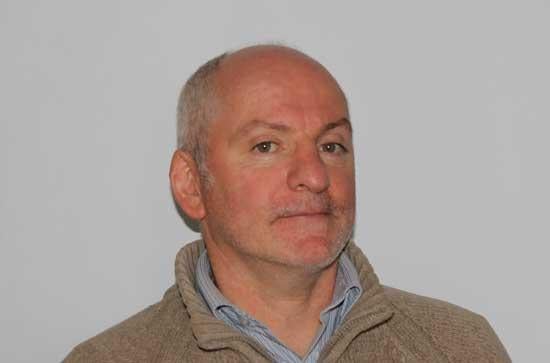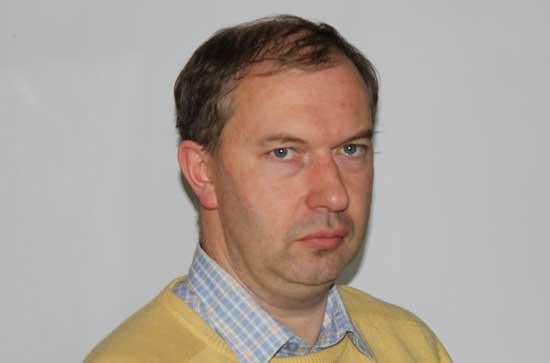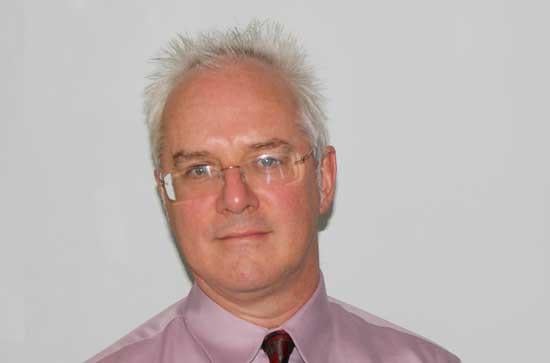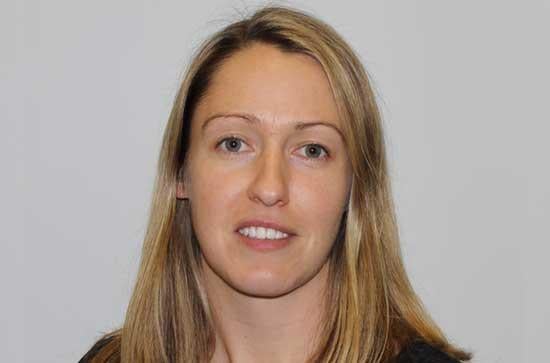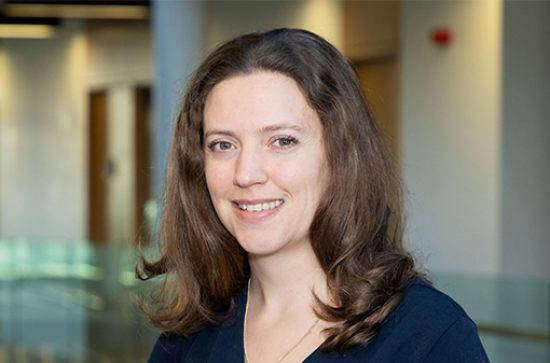Qualification : POSTGRADUATE DIPLOMA IN GEOGRAPHY
Award Type and NFQ level : POSTGRADUATE DIPLOMA (9)
CAO/PAC code : MHN64;MHN65
CAO Points :
Closing Date : 30 June 2024
The PG Diploma in Geography is designed to provide students with the knowledge, skills and competence to critically analyse contemporary societal and environmental challenges from a geographical perspective.
Students will be introduced to cutting-edge research in human and physical geography for which Maynooth Geographers are internationally recognised, including in the areas of climate change, urban development, and migration.
Students will gain training in mixed research methods appropriate for geographically-informed research, including fieldwork, qualitative and quantitative research methods, GIS and remote sensing. Students will have the opportunity to work with civil society and government partners, learning about the ethical and practical demands of such collaborative research. Educators seeking to teach Geography at secondary level will be exposed to some of the most recent research and pedagogical approaches in the field.
The programme offers current and prospective educators the possibility to earn the basic requirement of 15 credits of physical and 15 credits in human geography. For students seeking to teach Geography at secondary level, it is the students responsibility to check with the Irish Teaching Council about what specific requirements are needed.
It is available as both a full-time (1 year, MHN64) and part-time (2-year, MHN65) basis. For the part-time programme (MHN66) please click here.
Students should normally have earned an upper 2.2 or above in Geography (either subject degree in Geography or overall) or related disciplines. A personal statement is required so the Director can give consideration to applicants with relevant academic, work or professional experience if coming from a different background than the social sciences and/or if earned a 2.2 mark.
Applicants must have a recognised primary degree which is considered equivalent to Irish university primary degree level.
Minimum English language requirements:
Applicants for whom English is not their first language are required to demonstrate their proficiency in English in order to benefit fully from their course of study. For information about English language tests accepted and required scores, please see here. The requirements specified are applicable for both EU and International applicants.
Maynooth University's TOEFL code is 8850

Academic

Academic
Department of National Centre for Geocomputation (NCG)
Department of Social Sciences Institute (MUSSI)
Department of Geography
Department of Hamilton Institute

Academic
Department of Geography
Department of National Centre for Geocomputation (NCG)
Department of Social Sciences Institute (MUSSI)
Department of ICARUS

Academic
Department of National Centre for Geocomputation (NCG)
Department of Social Sciences Institute (MUSSI)
Department of Geography
Department of Hamilton Institute

Academic
Department of Geography
Department of ICARUS
Department of Social Sciences Institute (MUSSI)
Department of National Centre for Geocomputation (NCG)

Academic

Academic
The PG Diploma in Geography is delivered through lecturers, seminars, fieldwork, practicals, projects and other forms of experiential learning (in and out of the classroom). The PG Diploma offers a wide selection of modules to choose from, reflecting the breadth of the discipline and allowing students to specialise given their interests and/or schedules.
Students work with the course director to create a programme reflecting their particular needs. The PG Diploma is available either part-time or full-time, is flexible in delivery, innovative in emphasis, and stresses research-led experiential and field-based teaching and learning opportunities for students to develop additional employability competencies.
Degree structure: 60 credits, taken over 1 year full-time (MHN64) or 2 years part-time (MHN65).
Students must take 20 compulsory credits (15 human geography and 5 physical geography), which develop competencies in field methods and interdisciplinary approaches to societal and environmental challenges.
Depending on the students interests, s/he will take an additional 40 optional credits. These are made up of MA modules (10 credits) and advanced BA modules (5 credits).
All modules are 100% continuous assessment, with a range of assessment types (academic essays, field research journals, applied research projects, mapping projects, blogs, field-based reports, individual and group presentations, other). Please see the list of possible classes go to Course Finder.
Compulsory modules:
GY607 Field School (10 credits)
GY699GA Global Environmental Change 1 (5 credits)
GY699GB Global Environmental Change 2 (5 credits)
Indicative optional MA modules:
GY608 Thinking Geographically (10 credits)
GY629 Spatial Justice: Geographies of Social & Environmental Change (10 credits)
GY619 Public Engagement (10 credits)
GY625 Understanding Digital Society (10 credits)
Indicative optional advanced BA modules:
GY699HE Approaches to Human Geography (5 credits)
GY699HF Geographies of Waste (5 credits)
GY699HG City in Film (5 credits)
GY699GI Geographical Information Systems (5 credits)
GY699PA Oceanography (5 credits)
GY699PB Global Ecosystem Pressures and Sustainability (5 credits)
GY699PD Climate Change (5 credits)
|
Online application only http://www.pac.ie/maynoothuniversity PAC Code The following documents should be forwarded to PAC, 1 Courthouse Square, Galway or uploaded to your online application form: Certified copies of all official transcripts of results for all non-Maynooth University qualifications listed MUST accompany the application. Failure to do so will delay your application being processed. Non-Maynooth University students are asked to provide two academic references and a copy of their birth certificate or valid passport. Applicants must have a recognised primary degree which is considered equivalent to Irish university primary degree level. |


